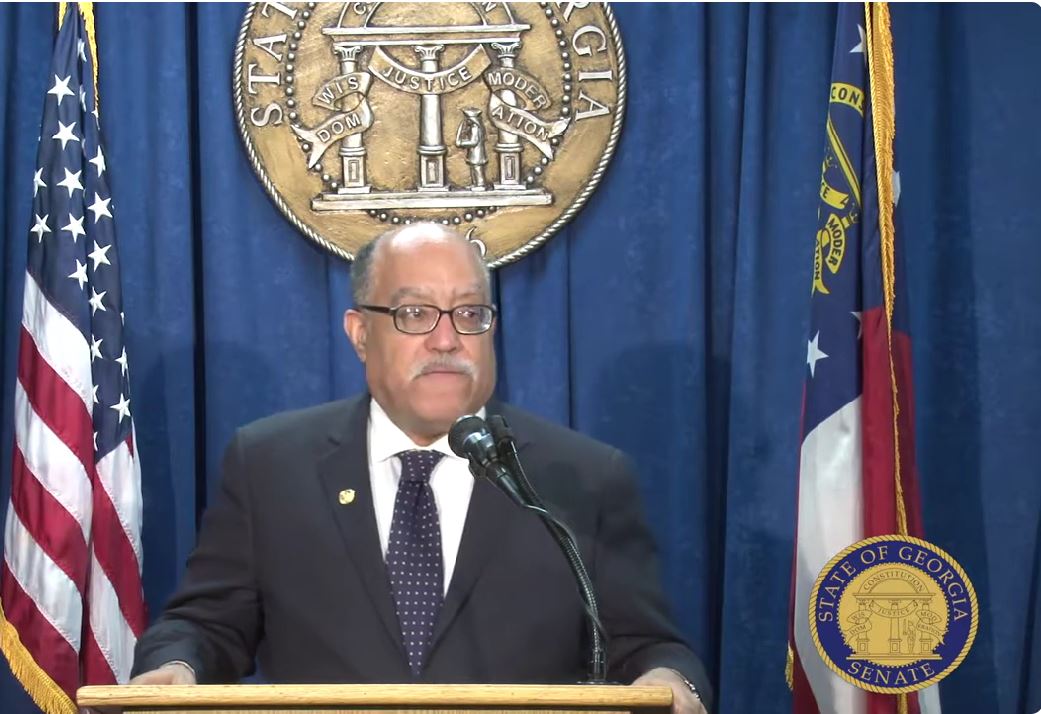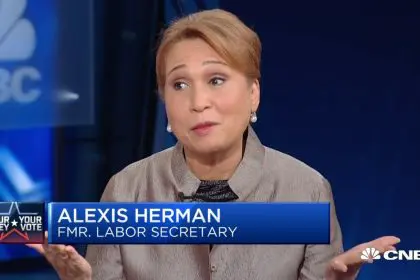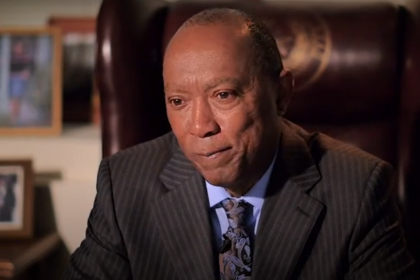Vincent Fort, the former Georgia state senator who dedicated his life to battling predatory lending and standing up for displaced residents, died Sunday from cancer complications at age 68.
From classroom to Capitol: Vincent Fort’s unexpected journey
Long before he became known as Atlanta’s most outspoken political firebrand, Fort’s path to public service began in an unlikely place – the halls of academia. After moving from Connecticut to Atlanta in the late 1970s to pursue his master’s degree in African-American history, Fort found his calling as an educator at two of Atlanta’s prestigious historically Black institutions: Morehouse College and Morris Brown College.
But the classroom couldn’t contain his passion for social justice. In 1996, Fort made the leap into politics, winning election to represent Georgia’s 39th Senate District. His jurisdiction covered a diverse swath of metro Atlanta, including portions of Atlanta proper, East Point, College Park, Union City, and parts of Fulton County.
The revolutionary legislator who wasn’t afraid to make waves
During his two-decade tenure in the Georgia Senate, Fort earned a reputation as someone who wouldn’t back down from a fight – especially when it came to protecting vulnerable Georgians. In the early 2000s, he emerged as a pioneering force behind two groundbreaking pieces of legislation that would define his legacy.
First came Georgia’s inaugural anti-hate crime bill, a measure that sought to provide vital protections for marginalized communities. Though the Georgia Supreme Court would later strike it down, the effort established Fort as a lawmaker willing to push for progressive change in a conservative-dominated legislature.
He followed this by spearheading protections against predatory lending, taking aim at financial institutions that targeted low-income residents with exploitative practices. While Republican opposition eventually dismantled these safeguards, Fort’s advocacy highlighted the pressing need for consumer protection in Georgia’s financial sector.
More than just a senator: The protest hero Georgia needed
What truly set Fort apart wasn’t just his work within the marble halls of the state Capitol – it was his willingness to take the fight to the streets. Unlike many politicians who limit their advocacy to floor speeches and committee hearings, Fort became a familiar face at protests throughout Atlanta, often putting his own freedom on the line for causes he believed in.
His arrest record became a badge of honor, representing his hands-on approach to fighting injustice. Whether it was standing alongside homeowners facing foreclosure during the 2011 housing crisis or opposing development projects that threatened to displace low-income residents, Fort consistently showed up where the battle for justice was hottest.
Speaking truth to power in the heart of Georgia politics
As Democratic whip – the second-highest position in the Senate Democratic caucus – Fort wielded his influence to challenge the status quo. He served on numerous crucial committees, including Appropriations, Judiciary-Civil, Education and Youth, and Urban Affairs, using each position to advocate for progressive policies and responsible governance.
His fierce criticism of Republican budget priorities, particularly regarding healthcare and education funding, often made him a thorn in the side of the majority party. But Fort’s confrontational style served a purpose: keeping critical issues affecting ordinary Georgians in the spotlight, even when powerful interests preferred to ignore them.
The Peoplestown battle that defined a legacy
Perhaps no single issue better exemplified Fort’s advocacy than his involvement in the Peoplestown controversy. When Atlanta officials moved to seize homes in the historic neighborhood for a stormwater project, Fort stood firmly with residents who saw the action as thinly-veiled gentrification.
His opposition to the project highlighted his broader critique of urban development policies that prioritized profit over people. This stance sometimes put him at odds with Atlanta’s political establishment, including multiple mayors, but Fort remained unmoved in his defense of longtime residents facing displacement.
A final chapter in public service
Fort’s 2017 mayoral campaign represented both a culmination of his political career and a bold new direction. Though unsuccessful, his campaign emphasized the need for ethical governance and protecting Atlanta’s autonomy from state interference. After leaving office, his seat was filled by Democratic Sen. Nikema Williams, but his influence on Georgia politics remained strong.
Today, Fort’s passing has prompted an outpouring of tributes from across Atlanta’s political spectrum. The Atlanta City Council dubbed him “The People’s Champion,” while Mayor Andre Dickens highlighted his contributions to civil, housing, and human rights.
Fort’s legacy serves as a reminder that effective public service often requires more than just legislative skill – it demands courage, conviction, and a willingness to stand with ordinary citizens in their moments of greatest need. As Georgia continues to evolve, the impact of his advocacy for social justice, consumer protection, and responsible urban development will continue to resonate through the state’s political landscape.
His two-decade career in the Georgia Senate may have ended, but Vincent Fort’s impact on Atlanta and Georgia politics will endure through the policies he championed, the causes he advanced, and the countless lives he touched through his unwavering commitment to justice
















